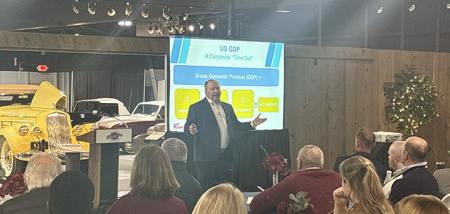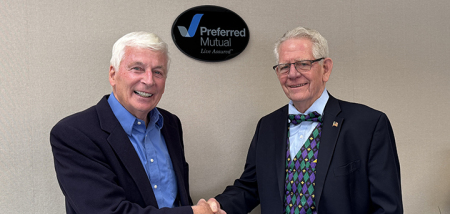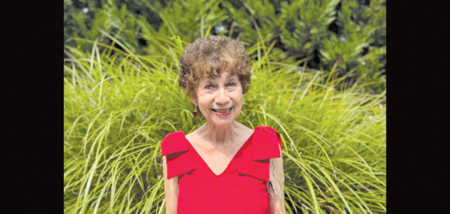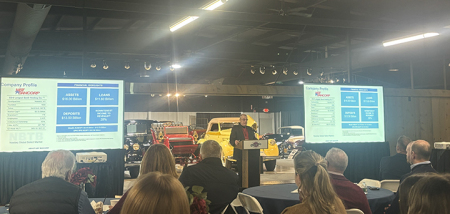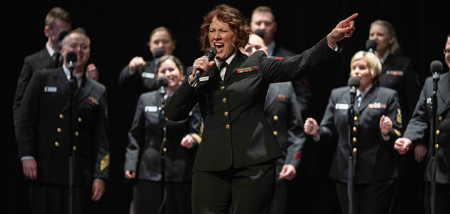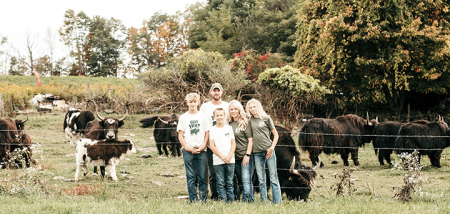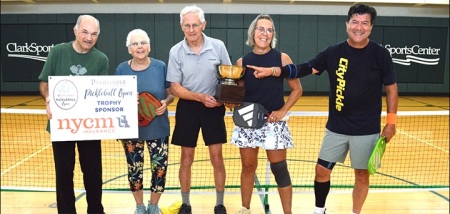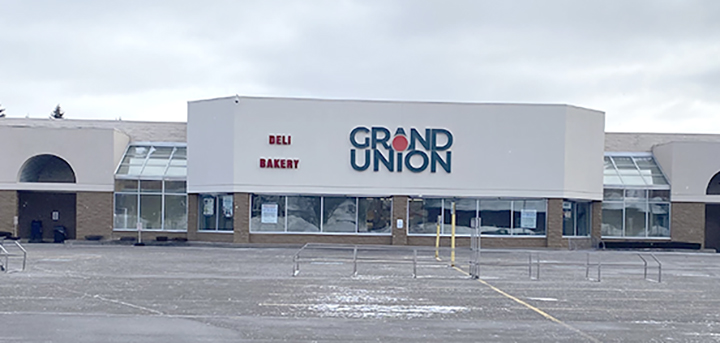Tilting At Windmills: Hero Worship Eyes
Published:
February 3rd, 2023
By:
Shelly Reuben

From the day that Frances met Will -- the same day they became partners – it was, for her, as if the rest of the world ceased to exist.
Oh, she was polite enough to their colleagues, and she was excruciatingly patient with the public, particularly during safety awareness programs at town functions. After all, patience had been a big part of her training with the State Police. But in the grand scheme of things, Frances’s world was divided unequally into two parts. Ninety-five percent of her loyalty belonged to State Trooper William McDermott. Five percent belonged to everybody else. And that only if she was certain that Will didn’t need her.
You might think this would cause problems for Will at home. Many law enforcement marriages had been broken up over less.
But not the McDermotts.
Elaine McDermott actually liked her husband’s partner and often prepared special meals for Frances. Their eight-year-old daughter Pug – short for “pugnacious” (her real name was Penelope, which she hated) – was also a Frances fan. Periodically, she would drag her on conspiratorial hunts for rocks, butterflies, or birds, depending, that day, on whether Pug wanted to be a geologist, an entomologist, or an ornithologist when she grew up.
Frances enjoyed the attention she received from Will’s family, but whenever courtesy did not demand some sort of a mandatory response, her eyes always swiveled back to Will.
“You’d think she’d be ashamed to let anybody see her looking at you like that,” Will’s lieutenant snorted derisively within earshot of Frances, who just ignored the comment and followed her partner out to their truck.
Will’s mother was a chef. His father was a biology teacher. And, before he retired after forty years as a trooper, his father’s father, Myron McDermott, had been in the New York State Police. Will never tired of listening to his grandfather’s war stories, most of which he had heard over and over again. Only once, though, did the old man speak of his own partner, Lowell Dix, who was killed during a drug raid in 1978.
“Day after day,” Myron said in a sad, somber voice, “you work shoulder-to-shoulder with a man that you trust and respect more than anyone else. Maybe more even than God. And even though he’s been dead over fifty years, he’s still the best friend you ever had and the best man you will ever know, and you miss him every day of your life.”
Will had always known that, after college, he was going to follow in his grandfather’s footsteps and join the State Police.
He had been on the job for seven years before he was teamed with Frances, and they took to each other like two hands playing the same piece on a piano. Together, they located methamphetamine labs; they apprehended bank robbers, and they arrested drug dealers. Once they even guarded a newly-elected president.
But the disappearance of Gina Sperling brought their partnership to a new level, and over the course of the grueling eight-month investigation, Will spent so much time with Frances that Elaine McDermott laughed to her husband, “You should have married her instead of me!”
Elaine worried about Will not getting enough sleep and not eating the right food, and she worried about Frances catching a cold or breaking a leg. Pug, during those heart-wrenching eight months, desperately worried about and missed them both.
Gina Sperling, the missing ten-year-old, was a local girl. She went to the same school as Pug, and took ballet lessons from the same teacher. Her family attended the same church, shopped in the same grocery store, ate at the same restaurants, sat through the same dance recitals, and cheered the same Little League teams. So, more than being a missing person, Gina’s disappearance was a vicious kick in the gut to the entire community, and searching for her resembled a holy crusade more than it did a criminal investigation.
Girl Scouts, Boy Scouts, and volunteers tacked flyers to telephone poles and tree trunks. The National Guard, police and sheriff departments searched abandoned houses, farms, parks, and streams. And Gina’s parents gave tear-drenched interviews on television, appealing to her kidnappers for her safe return.
None of that did any good.
When Gina was finally located, it was Frances who found her. Or what was left of her. With Will less than thirty seconds behind. Later, it was Will, with Frances at his side, who tracked down and apprehended the little girl’s killer.
Gina Sperling’s disappearance had been Will and Frances’s most notorious case. The last case they worked on together, however, was not as time consuming. Nor was it as spectacular.
It concerned a turf war between motorcycle gangs over the sale and distribution of illegal firearms. Three days earlier, in the parking lot of a small rural airport, Orlando Neff, head of the Satan’s Plague gang, was gunned down. A day later, Neff’s second-in-command, Elliot Feaster, a bare-chested brute in a leather vest whose arms were tattooed with skulls and swastikas, was inside a coffee shop, ordering a crème brûlée latte and terrifying its barista and patrons. After Feaster paid for his coffee and left the shop, he was instantly run over by a stolen bread truck, and died in the street. Two days later, Neff and Feaster’s double-funerals took place.
County narcotic cops and their DEA counterparts estimated that upward of 100 gang members from all over the state would attend the service at the municipal cemetery half-a-mile north of Prescott. To prevent gang violence, the sheriff’s department conducted a surveillance of the road leading up to the cemetery; State Police officers paroled its interior perimeters; and Will and Frances stood vigilantly at the side of the grave.
Witnesses to the shooting at the airport and the hit-and-run outside the coffee shop described the gunman and the driver to a police artist. The descriptions were remarkably similar, and composite sketches of each proved that both crimes were committed by the same man.
Will’s job inside the cemetery was to look at faces and try to identify the killer … something at which he was very good. All Frances had to do was accompany Will. She was good at that, too.
The internment was presided over by a local minister, who conducted a short service for the benefit of swarthy heads swathed in bandanas and bowed in prayer. Will studied and evaluated the faces of each biker huddled over the graves. One’s nose was too big. Another had pock-marked skin. For others, their ears were too small, foreheads too broad, lips too narrow, eyes too far apart, or eyebrows too thick.
Then, like Goldilocks sampling porridge in the house of the three bears, Will’s eyes latched onto a jowly face with wide nostrils and a protruding lower lip. A face that perfectly matched the composite of the two-time killer, and like the last of Goldilocks’ porridge bowls, was “just right.”
There was a problem, though. The eyes in the face that Will recognized were recognizing him, too.
In retrospect, Will wondered (and would always wonder) if his reflexes that day had been unforgivably slow, or if the biker’s reflexes had been impossibly fast. And he wondered (and would always wonder) about Frances. How had she known?
How. Had. She. Known?
The biker drew his gun. Frances, too far away to take him down but not too far away to protect her partner, leaped in front of Will. In effect, she turned her body into a shield.
Two bullets had already slammed into Frances before the other troopers in the cemetery could un-holster their weapons and open fire. But they did shoot the shooter, and he was dead before he hit the ground.
Simultaneously, a hundred badass mourners leaped over tombstones, jumped onto motorcycles, and roared away.
Frances was still alive.
A photographer from The Evening Sun took thirty-seven pictures of the melee in the cemetery that day. The newspaper ran nineteen in a full-page spread. But there were two photographs which, out of respect for the victims, they did not print. One was of Frances, in full flight, her face contorted in pain, as the first bullet hit her in the chest. The other was of Will McDermott kneeling in the grass with Frances’s head in his lap, his face a mask of grief at the very moment that she died.
Her entire life, Frances had been close to only one man: Will.
Dogs in K-9 police units always live with their handlers, and they usually become members of the family. Frances was a McDermott from the day that Will brought her home. After she died, Elaine and Pug, also grieving, tried to get Will to open up about his beloved partner and their beloved pet.
But Will could not talk to them about Frances. At least, not yet. Instead, he went to see Myron McDermott, retired trooper in the New York State Police.
“Tell me about him,” Will demanded. And he did not have to explain to his grandfather whom he meant.
Grandpa Myron filled a large percolator with water and made a pot of coffee. He sat at the kitchen table and motioned for Will to take the other chair. Then he began to talk about Lowell Dix. About the crimes they had investigated. The trials at which they testified. Their wins. Their losses. Funny things. Sad things. Good things. Bad things. And then the last thing. The one that was most important of all: what had happed the day they raided an illegal drug lab outside Binghamton in 1976.
The day that his old partner died.
Myron stopped talking. Will sat for a while without saying a word.
Now, it was his turn. He took a sip of coffee, put down his cup, looked at his hands, looked at his grandfather, and began to talk about Frances.
He told the old man about the escaped mental patient they had found wandering into traffic on Route 88. About the bank robbers, wife beaters, child molesters, kidnappers, murderers, con-artists, embezzlers, escaped prisoners, and car thieves that they had apprehended over the years. Then, his voice growing quiet and addressing his clenched fists, Will softly spoke about the silent hours he had spent on surveillance with Frances in their trooper truck, petting her head or scratching the ruff of her neck, and how, over time, he had learned to accept the way that his partner … his dog … stared lovingly at him with fearless, faithful, hero worshipping eyes.
Myron McDermott refilled both of their mugs with coffee.
He raised his cup. “To Frances,” the old trooper said.
Will raised his cup. “To Lowell Dix,” the young trooper said.
They clicked cups.
And then both men cried.
Copyright © Shelly Reuben, 2023. Shelly Reuben’s books have been nominated for Edgar, Prometheus, and Falcon awards. For more about her writing, visit www.shellyreuben.com
Author: Shelly Reuben - More From This Author
Comments
